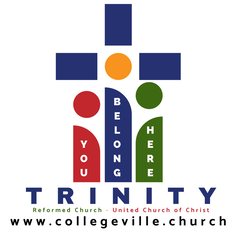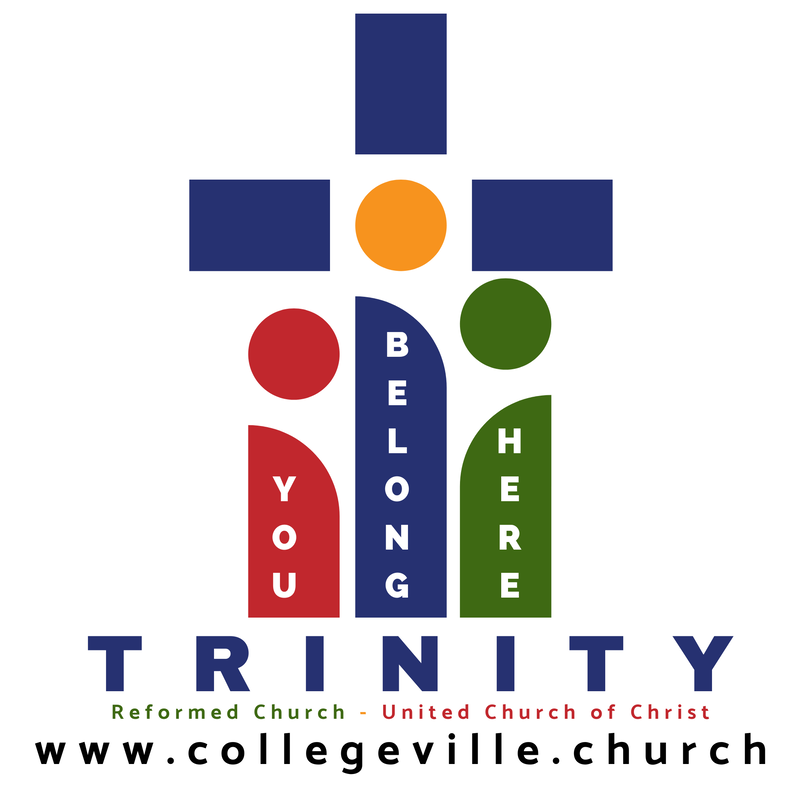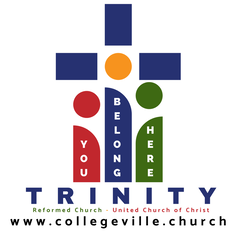The United Church of Christ came into being in 1957 with the union of two Protestant denominations: the Evangelical and Reformed Church and the Congregational Christian Churches. Each of these was, in turn, the result of a union of two earlier traditions.
The Congregational Churches were organized when the Pilgrims of Plymouth Plantation (1620) and the Puritans of the Massachusetts Bay Colony (1629) acknowledged their essential unity in the Cambridge Platform of 1648.
The Reformed Church in the United States traced its beginnings to congregations of German settlers in Pennsylvania founded from 1725 on. Later, its ranks were swelled by Reformed immigrants from Switzerland, Hungary and other countries.
The Christian Churches sprang up in the late 1700s and early 1800s in reaction to the theological and organizational rigidity of the Methodist, Presbyterian and Baptist churches of the time.
The Evangelical Synod of North America traced its beginnings to an association of German Evangelical pastors in Missouri. This association, founded in 1841, reflected the 1817 union of Lutheran and Reformed churches in Germany.
What we believe
The Congregational Churches were organized when the Pilgrims of Plymouth Plantation (1620) and the Puritans of the Massachusetts Bay Colony (1629) acknowledged their essential unity in the Cambridge Platform of 1648.
The Reformed Church in the United States traced its beginnings to congregations of German settlers in Pennsylvania founded from 1725 on. Later, its ranks were swelled by Reformed immigrants from Switzerland, Hungary and other countries.
The Christian Churches sprang up in the late 1700s and early 1800s in reaction to the theological and organizational rigidity of the Methodist, Presbyterian and Baptist churches of the time.
The Evangelical Synod of North America traced its beginnings to an association of German Evangelical pastors in Missouri. This association, founded in 1841, reflected the 1817 union of Lutheran and Reformed churches in Germany.
What we believe
- We believe in the triune God.
- We believe that each person is unique and valuable.
- We believe that each person is on a spiritual journey.
- We believe that the persistent search for God produces an authentic relationship with God, engendering love, strengthening faith, dissolving guilt, and giving life purpose and direction.
- We believe that all of the baptized 'belong body and soul to our Lord and Savior Jesus Christ.
- We believe that all people of faith are invited to join Christ at Christ's table for the sacrament of Communion.
- We believe the UCC is called to be a united and uniting church. "That they may all be one." (John 17:21) "In essentials–unity, in nonessentials–diversity, in all things–charity."
- We believe that God calls us to be servants in the service of others and to be good stewards of the earth's resources. 'To believe is to care; to care is to do.'
- We believe that the UCC is called to be a prophetic church. As in the tradition of the prophets and apostles, God calls the church to speak truth to power, liberate the oppressed, care for the poor and comfort the afflicted.
- We believe in the power of peace, and work for nonviolent solutions to local, national, and international problems.
- We are a people of possibility. In the UCC, members, congregations and structures have the breathing room to explore and to hear ... for after all, God is still speaking, ...





